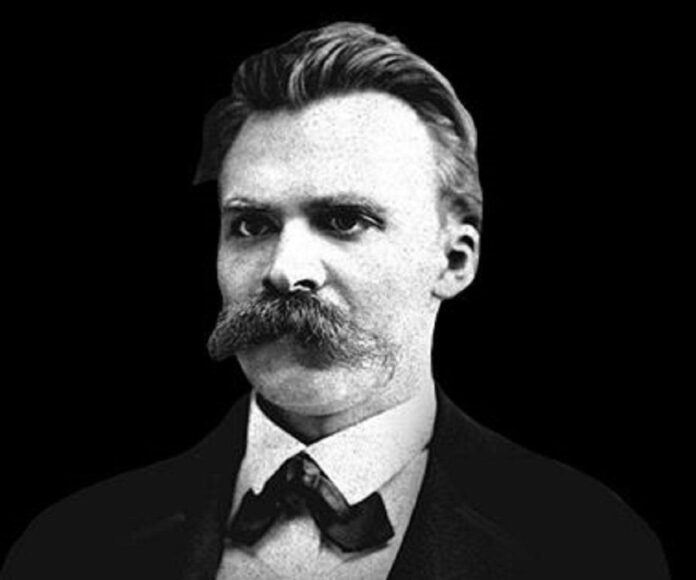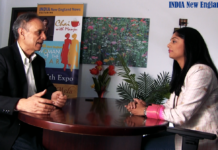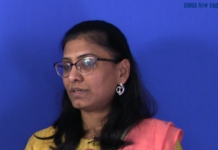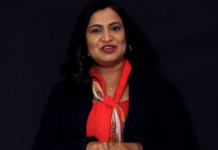By Upendra Mishra
BOSTON—After the Age of Enlightenment dawned upon in Europe during the 17th and 18th centuries, German philosopher, essayist and critic Friedrich Nietzsche declared: “God is dead.” What did he mean by this famous declaration?
Some say that Nietzsche “used the phrase to express his idea that the Enlightenment had eliminated the possibility of the existence of God.”
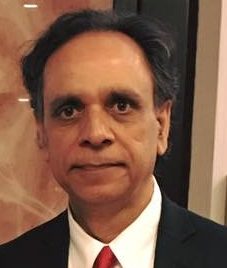
“The dogma of the Church was undermined by the spirit of truth strongly developed by the Church itself. That undermining culminated in the name of death of God,” Canadian writer and psychologist Jordan Peterson wrote recently in his book “12 Rules for Life: An Antidote of Chaos.”
India’s Upanishadic writings, in a way, also made the God irrelevant for both Easterners and Westerners. When I got an insight into the teachings of Upanishads about 10 years or so ago, I stopped going to temples and eventually stopped doing pooja in my home—a tradition I had continued since my childhood as I grew up in an orthodox but progressive Brahmin family. Upanishads taught me about the importance of inward journey, knowing my true self and discovering myself—rather than focusing on the outside world on which I had no control.
When we go through tough times sometimes and life feels like absolutely hopeless, some of us turn to so-called Gurus, some to Gods and Goddesses, some go to temples, church or mosque, some to astrologers and palm readers, and some wait for miracles and some for stars to align, and some perform voodoo ceremonies to chase away evil spirits.
Very few of us look at our own behavior and actions. Once we change our thoughts and actions, things start to change. Good changes lead to good things and bad habits lead to bad things. You can blame circumstances, misfortune or whatever for your miseries, but in the end everything happening to us is the result of our own direct actions—taken either today, yesterday or 10, 20 or 30 years ago.
One of the easiest thing, however, to do is change our habits—if our current or past habits and actions have not given the optimum results we have been wanting in our life. There is no short-cut to it, and no God or Goddess will help us.
If we want to better our life, the best place to start is a book: “The Power of Habit: Why We Do What We Do in Life and Business” (Random House, 2012) by New York Times business reporter Charles Duhigg.
In this book, Duhigg tells a story of Lisa Allen who had begun drinking, smoking and had prone to destructive behavior at age 16. She struggled with obesity, created a complete financial mess, could not stay on a job for more than a few months and in her early 30s got divorce. Then one day she got sick of all this, and decided to change her life.
The first things she pledged to do was stop smoking and then her all other habits began to change too. In about two years, she became slim, fit, healthy, ran one half-marathon, one full-marathon, had a steady job and many more great things How all this happened: By changing only one habit.
Duhigg quotes a study that found that more than 40 percent of the actions people perform each day are not actual decisions, but HABITS. Then he adds: Habits can be changed, if we understand how they work…And by understanding how it happens, you can rebuild those patterns in whichever way you choose.
Where do habits originate? In our brains (mind) because this most powerful machine is doing so many things to keep trillions of our body cells alive and it must be efficient and do things effortlessly (just the way we drive to many places without realizing driving). That is how habits are formed. The good news is that we can change those habits any time. Start with one habit.
In Power of Habits, Duhigg also quotes William James (1892) as saying: “All our life, so far as it has definite form, but is a mass of habits.” Here are some other interesting notes from the book:
- Habits emerge because the brain is constantly looking for ways to save efforts. Left to its own devices, the brain will try to make almost any routine into a habit because habits allow our minds to ramp down more often.
- An efficient brain allows us to stop thinking constantly about basic behaviors.
- Our brain has devised a clever system to determine when to let habits take over.
- The problem is that your brain cannot tell the difference between bad and good habits.
- Habits are not destiny. Habits can be ignored, changed, or replaced.
- Habits are often as much a curse as a benefit.
- Habits are powerful, but delicate. They can emerge outside our consciousness, or can be deliberately designed. They often occur without our permission, but can be reshaped by fiddling with their parts.
- Habits shape our lives far more than we realize—they are so strong, in fact, that they cause our brains to cling to them at the exclusion of all else, including common sense.
- The brain has this amazing ability to find happiness even when the memories of it are gone.
“An efficient brain allows to stop thinking constantly so that we can do important things for survival and devote mental energy to inventing spears, irrigation systems, and, eventually airplanes and video games,” says Duhigg. “The problem is that your brain cannot tell the difference between bad and good habits, and so if you have a bad one, it is always lurking there, waiting for the right cues and rewards.”
(Mr. Mishra is managing partner of the Waltham, MA-based integrated inbound marketing and PR firm The Mishra Group. He writes about his three passions: marketing, scriptures and gardening.)



